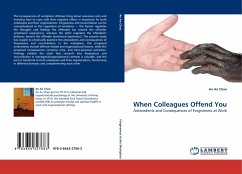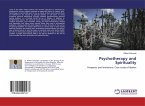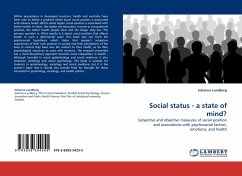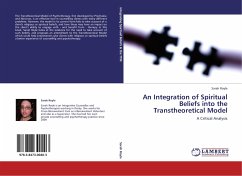The consequences of workplace offenses bring about excessive costs and knowing how to cope with their negative effects is important for both employees and their organizations. Forgiveness and reconciliation can be conceptualized as the regulation of emotions the former regulates the thoughts and feelings the offended has toward the offender (emotional experience), whereas the latter regulates the offended's behavior toward the offender (emotional expression). The present study has sought to empirically examine the antecedents and consequences of forgiveness and reconciliation in the workplace. The proposed antecedents include offense-related and organizational factors, while the proposed consequences comprise intra- and inter-personal outcomes. Findings validate the claim that research into forgiveness and reconciliation in managerial/organizational contexts is valuable, and the each is beneficial to both employees and their organizations, functioning in different domains and complementing each other.
Bitte wählen Sie Ihr Anliegen aus.
Rechnungen
Retourenschein anfordern
Bestellstatus
Storno








